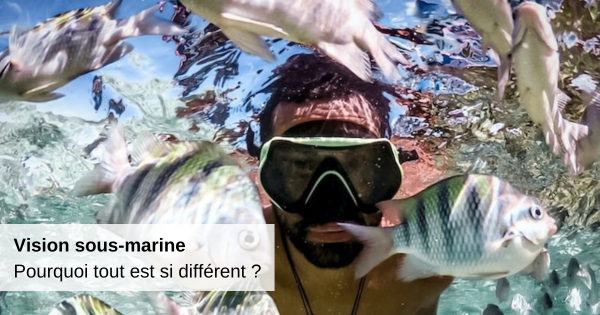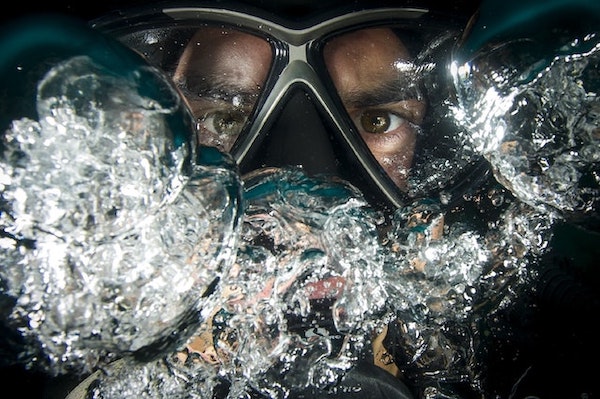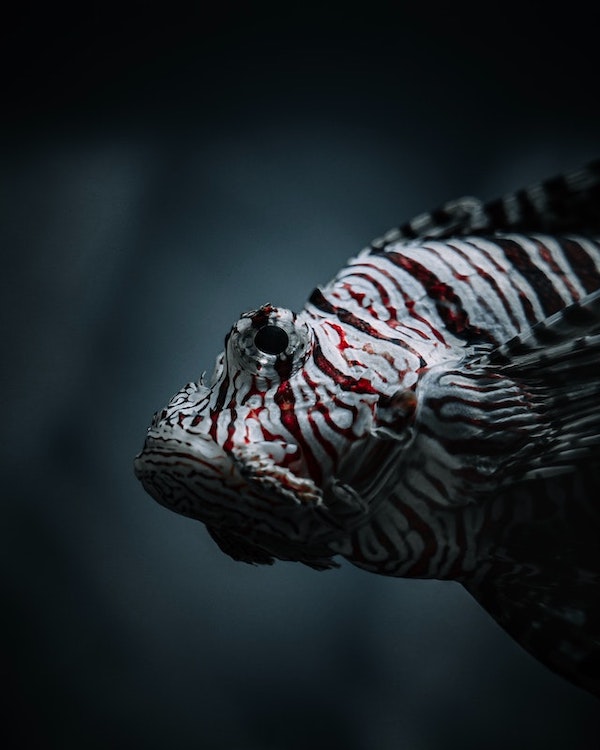Underwater vision: Why is everything so different?

It's summer and you may have taken a few days off. It's time to take advantage of the good weather to go for a few lengths in the pool, or even swim in the sea, and for the bravest, do some scuba diving. Underwater, it is essential to wear a mask or goggles. But even with these, underwater vision is often blurred or distorted. What are the causes of this different appreciation of our vision?
Underwater vision: blurred and poor appreciation of distances
In each space, the light will determine the way we perceive the elements. Its behavior underwater is different from that in the air or through the treetops for example. Each medium has what is called an index of refraction, which makes it possible to measure the trajectory of light rays. It turns out that the refractive index of water is very close to that of the human eye, more precisely that of the cornea.
Thus, this particularity causes a blur because a convergence of the light behind the retina rather than on it, causes farsightedness. To correct this hypermetropia, it is advisable to wear glasses or a mask. These have flat lenses that create a layer of air between the water and the eyes, thus reducing the refractive index.
But these devices have a counterpart: they somewhat distort the appreciation of distances and the size of objects. Objects are estimated to appear 33% larger underwater and 25% closer than they actually are.

Different eyes for those who live underwater
Pressure and changing light also affect vision. This is why the eyes of underwater creatures are vastly different from human eyes. A little more basic, fish eyes have a fixed iris that allows them to adapt to changes and variations in light.

But it depends on their environment and their role in the food chain. Fish would tend to see less well from afar. If predators very often have their eyes placed forward, fish that must constantly scan danger will have more lateral vision. But underwater very often a predator can become prey. Survival is therefore far from being linked solely to vision. Sound and movement underwater are life-saving elements.
Even at the top of the food chain, vision can sometimes be lacking: there is Many scientists believe that the Great White Shark, the ultimate predator, has far from perfect vision that forces it to use other elements to satisfy its curiosity.
L evolution and adaptation are essential elements of underwater vision. There is no doubt that, even if it is not his natural element, Man will continue to adapt his needs through technological progress.


